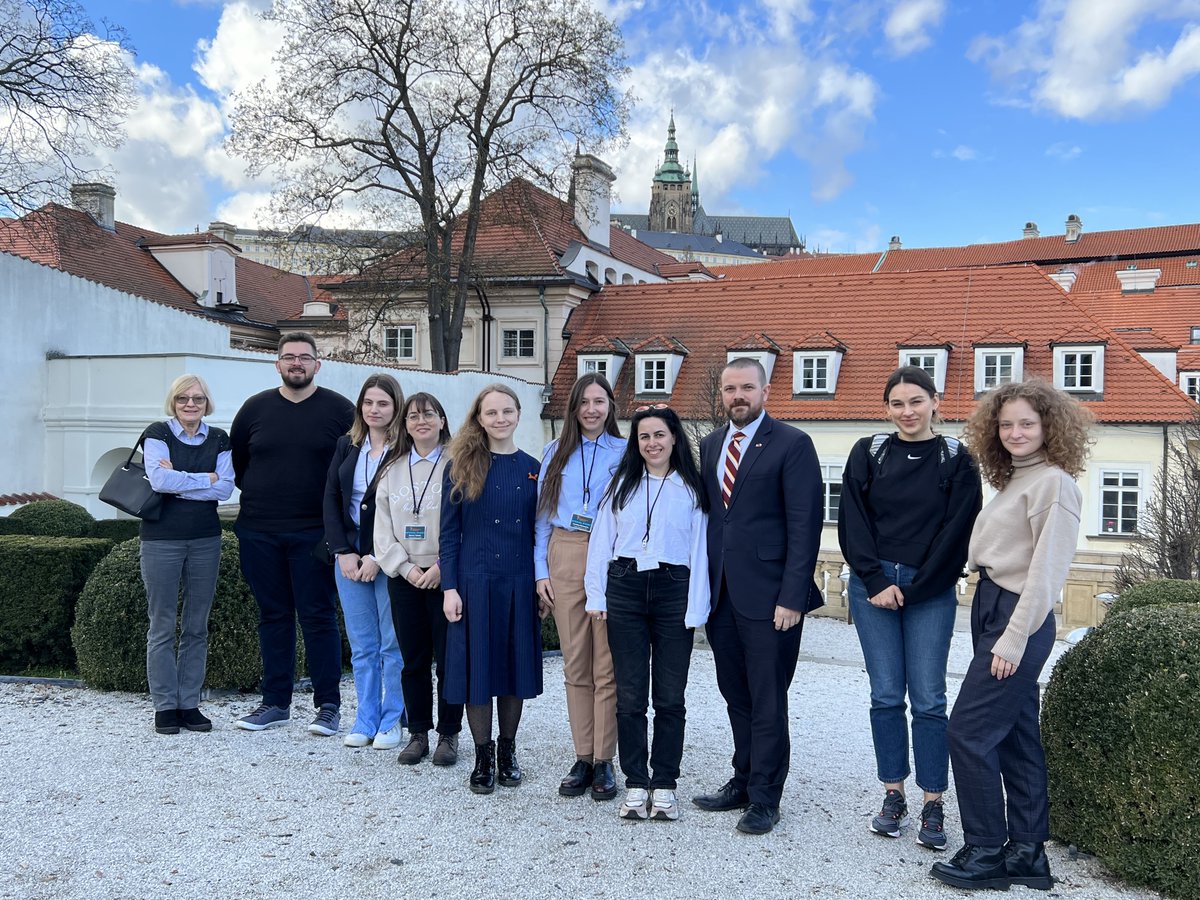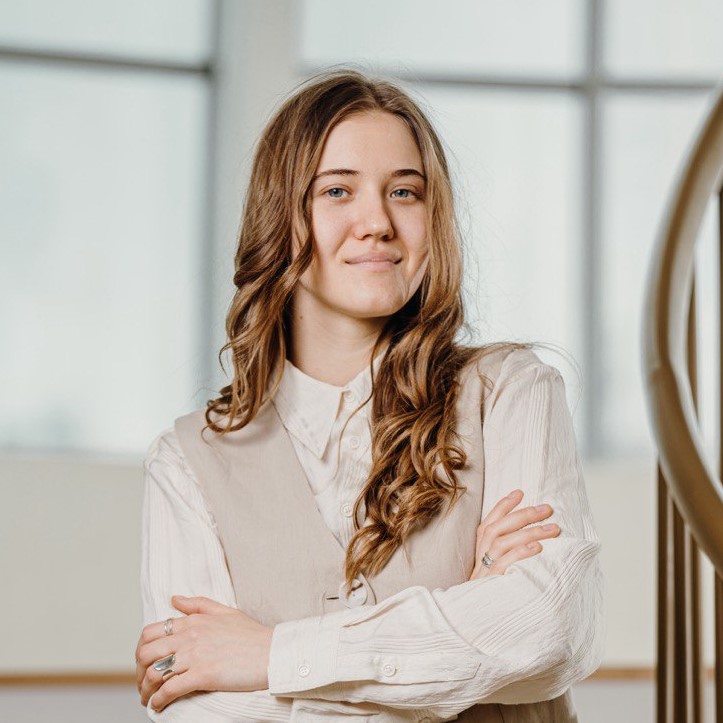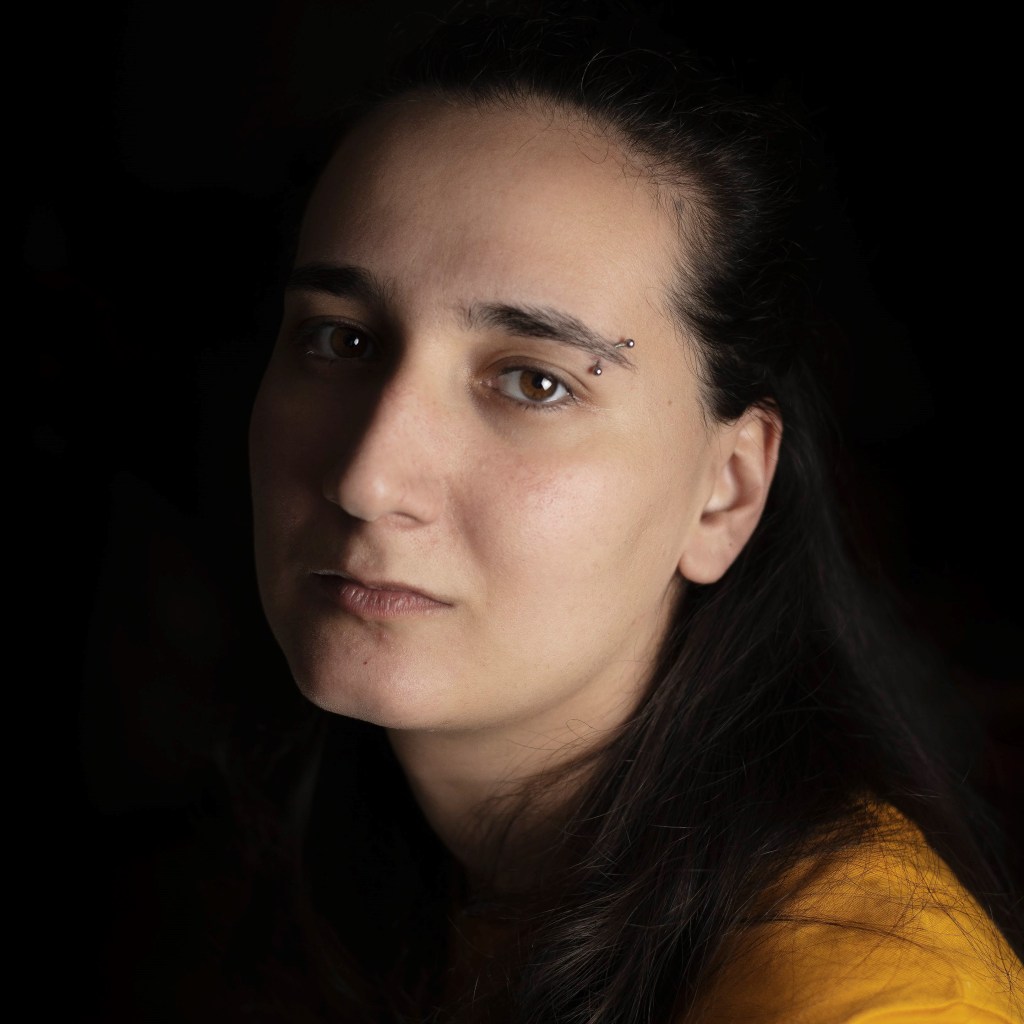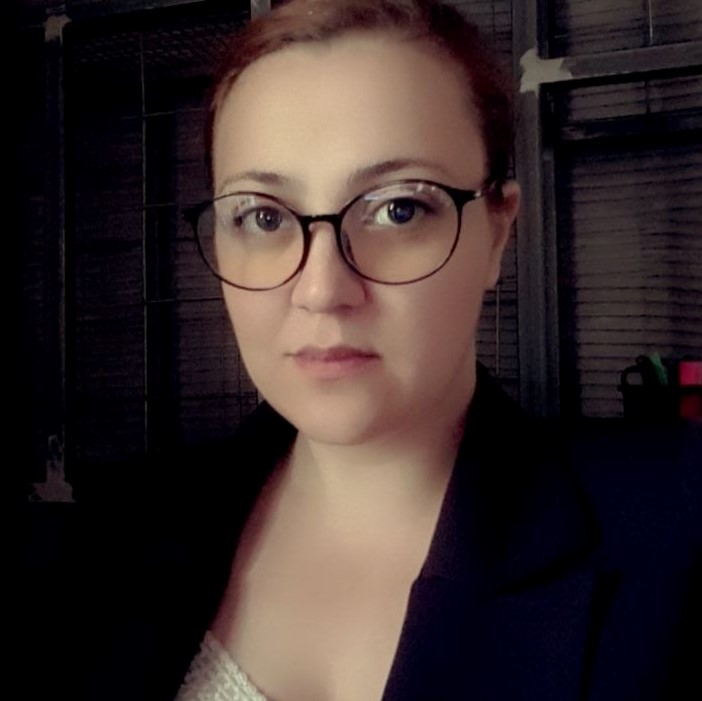RFE/RL Regional Reporting Fellowship
The goal of the RFE/RL Regional Reporting Fellowship is to equip aspiring journalists from the Western Balkans and Eastern Europe with the skills and editorial expertise they need to become standard-bearers of a professional, independent, and ethical press.

About the Fellowship
A free and vibrant media serves as a safeguard against disinformation, while promoting good governance and regional peace. The Fellowship is guided by RFE/RL’s mission to provide accurate, independent journalism in support of democracy and human rights. The program is financed by a grant from the U.S. Department of State.
Fellows spend eight months in a local RFE/RL bureau where they will receive training, contribute to the day-to-day work of the Service they are placed with and be mentored by professional colleagues. During the second half of their in-bureau programs, Fellows will travel to RFE/RL headquarters in Prague for two weeks to receive additional training that augments the preparation they have received in the bureaus.
The main components of the program are:
- incorporation into the daily multi-platform operations of the RFE/RL bureau
- training in the skills needed to produce professional multi-platform journalism
- mentoring in editorial standards and adhering to RFE/RL’s mission
- inclusion in daily editorial meetings to discuss editorial standards, decisions, and policies
- exposure to the decisions, concerns, and standards that drive and distinguish the professional, independent press
- support in efforts to network with other local media and pursue personal objectives and career goals
The Prague trip also serves a vital networking function, introducing Fellows to colleagues in other RFE/RL language services, representatives of numerous Prague-based advocacy NGOs, and journalists working for Prague-based media outlets. Such contacts will expose Fellows to new professional resources and media trends.
Fellows will receive a monthly stipend for the term of the program that is consistent with the local wage scale, workspace at an appropriate RFE/RL bureau, and paid travel to and from Prague.
Eligibility
The Fellowship accepts applications from journalists in Armenia, Belarus, Bosnia and Herzegovina, Georgia, Kosovo, Moldova, North Macedonia, Serbia, and Ukraine who speak the dominant local language. In the cases of Belarus, only journalists currently living outside of the country may apply.
Eligible applicants should:
- have an education in journalism or a related field
- have a minimum of two years’ experience in journalism
- demonstrate a commitment to RFE/RL’s mission of professional, independent, and ethical journalism
- plan to work in their home country, where possible
Proficiency in English is not expected, but a working knowledge of English is desirable.
How to apply
Application
Fellowships are awarded on a competitive basis. Applicants will be selected on the basis of their qualifications, their ability to contribute to the work of the bureau, their commitment to the program’s mission, and their professional motivation and goals, as stated in their personal statement.
A complete application must include the following materials:
- curriculum vitae, including current contact information
- cover letter
- work samples
Application materials must be in the language of the home country but a copy of the CV in English must be provided.
Shortlisted candidates will be contacted and asked to participate in a telephone, online or in-person interview as part of the application process.
Important Dates
Applications for the RFE/RL Regional Reporting Fellowship are now open.
Fellowship term: November 1, 2024 – June 30, 2025
Application opens: June 1, 2024
Application deadline: July 1, 2024
Selection results announced by: August 31, 2024
Privacy Notice for RFE/RL Fellows
Fellowship at RFE/RL is contingent upon the successful completion of a background security check performed after the acceptance of RFE/RL’s offer. More details and information about the collection and processing of your personal data will be provided to you together with the Fellowship agreement.
Curriculum Vitae
Please attach your updated curriculum vitae with your current contact information. This shall include your name, e-mail address, social media profile, phone number, present address, and permanent address; a detailed work history since completing your formal education; and educational background. Please also list any noteworthy distinctions or awards, and current or recent memberships in professional, political, or other groups. Please also state if you have received any type of certification (and at what level) of English language proficiency.
Cover Letter
Please include your reasons for applying for the Fellowship, journalistic interests, values, or experiences that would qualify you for the program, and your professional goals following completion of the Fellowship.
In addition, please let us know in the online cover letter how you learned about the Fellowship (e.g., RFE/RL’s website, Facebook, a professional or academic reference, etc.).
Work Samples
Please attach 2 work samples in your working language, on any platform, demonstrating your best professional work. Samples must have been published within the 12 months before the application deadline. All samples must include a date.
Regional Reporting Fellows 2025

Camelia Babeica, Moldova

Uridije Lajci, Kosovo

Sopio Apriamashvili, Georgia

Khatia Khasaia, Georgia

Victoria Kurochka, Ukraine

Patricia Mihaila, Moldova

Ani Ohanyan, Armenia
Former Fellows
Kristina Gadže (2024)
Shoghik Galstyan (2024)
Salome Chaduneli (2024)
Gentiana Kadrija (2024)
Luminita Toma (2024)
Mariami Varadashvili (2024)
Olena Vysokolian (2024)
Hlafira Zhuk (2024)
Antonina Andriichuk (2023)
Carolina Buimestru (2023)
Olya Ivleva (2023)
Yulia Ralko (2023)
Mariam Takidze (2023)
Alem Bajramovic (2023)
Albina Kastrati (2023)
Nelli Yeghiazaryan (2023)
Vahe Ohanyan (2022)
Arina Korshunova (2022)
Lana Kokaia (2022)
Olga Soroceanu (2022)
Iryna Masliukova (2022)
Mirnes Bakija (2022)
Ivana Stojkova (2022)
Iva Gajic (2022)
Satenik Hayrapetyan (2021)
Hanna Malashenia (2021)
Ivan Petrov (2021)
Tamuna Chkareuli (2021)
Yuliia Turchynska (2021)
Sara Velaga (2021)
Bojana Moskov (2021)
Nemanja Stevanovic (2021)
Marine Khachatryan (2018)
Sophio Datishvili (2018)
Mihaela Savca (2018)
Natalia Patrikieieva (2018)